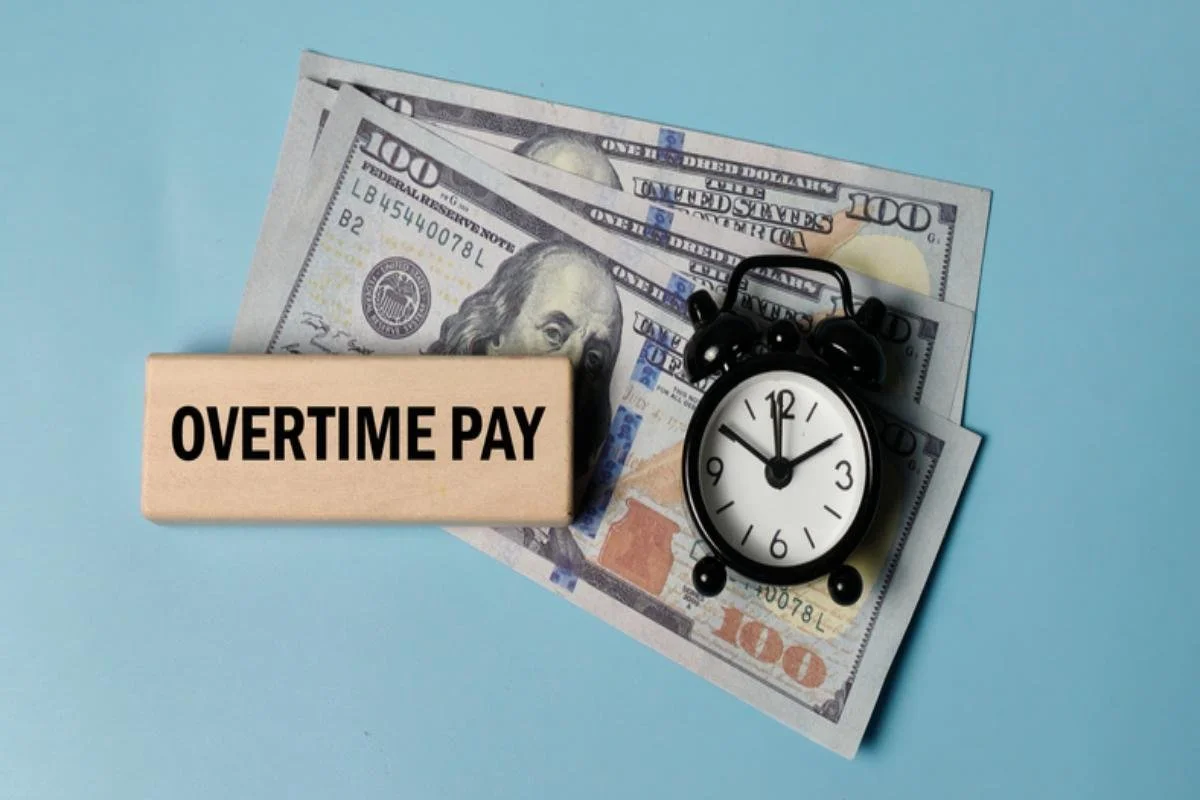California's Underground Economy
/Though Lawmakers recognize the positive connotations of mobilizing the underground economy to combat the budget deficit, the underground economy appears to be indestructible. From 1990 to 2003 California exhausted significant resources and time to avert wage and hour violations. Nevertheless, California's efforts were futile due to the exponential growth of California's workforce and inadequate state funding and resources. In 2003, lawmakers noticed that its failure to deter businesses from violating wage and hour laws set off a minor budget deficit. The deadly combination of the underground economy and budget deficit compelled California to declare, "adequate financing of essential labor law enforcement functions is necessary to achieve maximum compliance with state labor laws in the underground economy and to ensure an effective disincentive for employers to engage in unlawful and anticompetitive business practices." With insufficient state resources and nowhere else to turn, lawmakers called in the people for reinforcements in the war against the underground economy by enacting the Labor Code Private Attorneys General Act of 2004 ("PAGA"). The PAGA deputizes any "aggrieved employee on behalf of himself or herself and other current or former employees" to initiate actions for wage and hour violations on behalf of California. Bear in mind that California receives seventy five percent of any judgment in favor of the employees, with twenty five percent going right into the state's general fund. Still, despite its theoretical brilliance, courts were confused as to whether representative actions initiated under the PAGA had to satisfy conventional class action requirements. This confusion foiled the PAGA's potential to strike underground employment activity on a grand scale.



